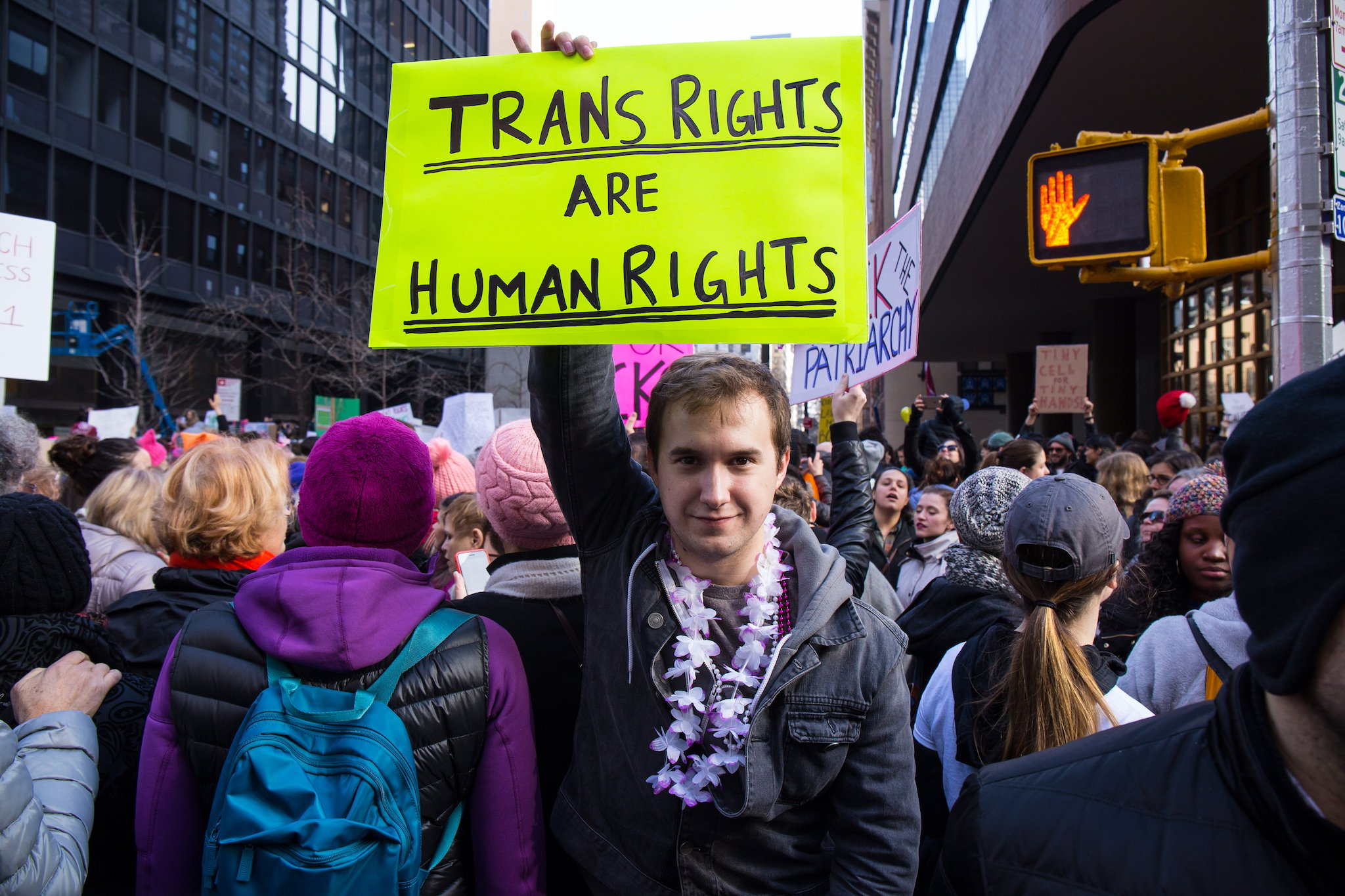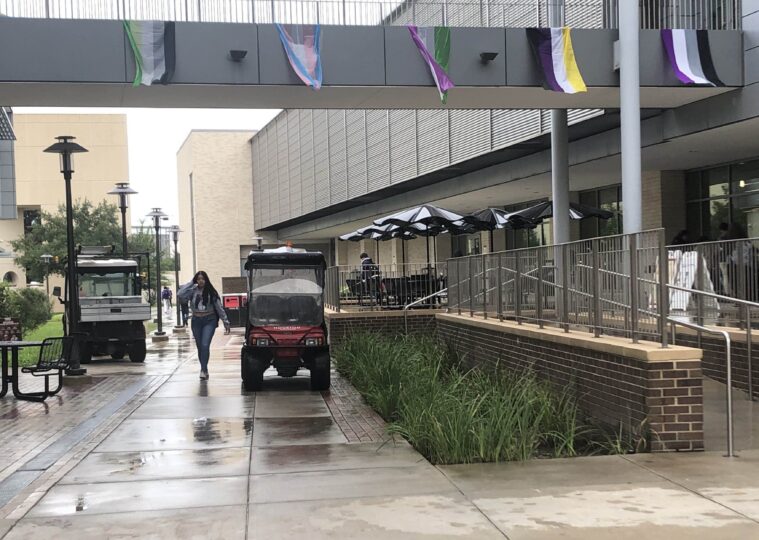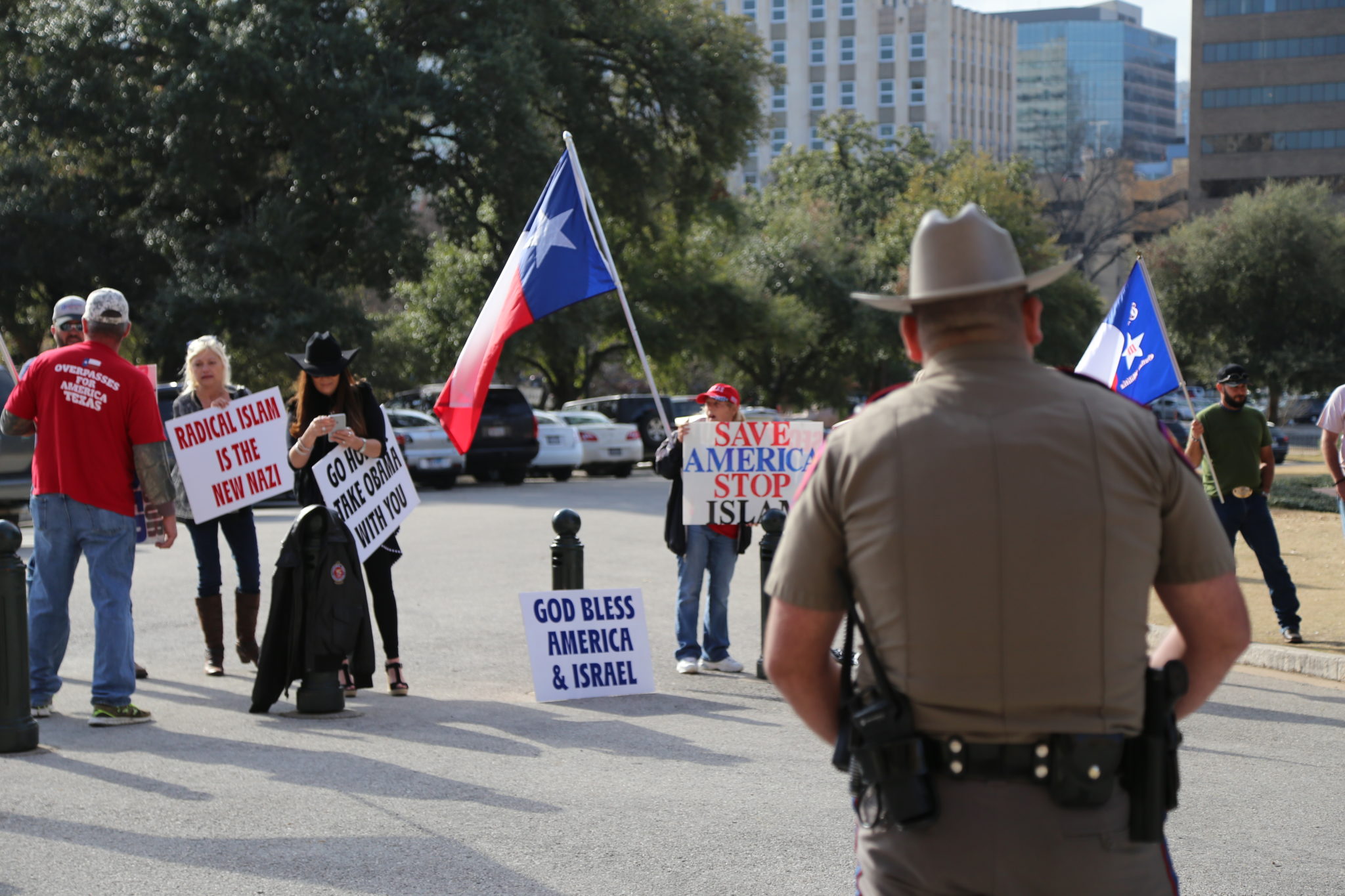
The Real Real Muslims of Texas
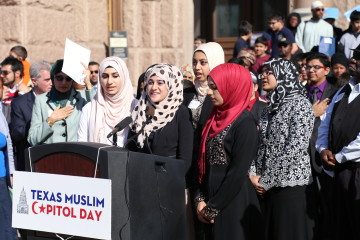
When I saw an Esquire piece called “The Real Muslims of Irving, Texas” circulating this week, I was reminded that the interfaith outreach work to build bridges and combat stereotypes, which I’ve been doing for the last fifteen years, is still as necessary as ever.
The story, written by Iraq war vet Colby Buzzell, originally ran in the magazine’s March issue, but didn’t surface online until May 9. I had to re-read it several times before I understood why it bothered me: Once again I see American Muslims being reduced to stereotypes to support a simple narrative about who we really are.
It’s not a total wash — Buzzell has done two important things with this piece: He’s called national attention to the oppressive environment some Texas Muslims have to live with on a daily basis, and he engaged face to face with Irving’s local Muslim population.
The armed protesters he highlights are insufferable. I’ve had the dubious pleasure of engaging online with one of the men Buzzell spoke to for the article, and he was so rude and insulting that I was forced to block him within a very short time. That the rest of the country seems to be ignoring these ongoing protests is a sore spot for Texas Muslims.
Texas, it seems, is written off by people in other parts of the country as just a wasteland of crazy. In fact, Texas is a wonderful state, and many of the Muslims highlighted in this piece confirm just how much we Muslims love living here. That’s part of why I appreciated Buzzell’s decision to spend time hanging out with locals, socializing and attending mosques. The fact that he was treated with kindness and respect is something people need to hear.
“Nobody told me about the hot-ass Muslim women or I might have gotten religion sooner.”
So what was it that bothered me about the piece? The same thing that bothers me about most articles, blog posts and features about America’s Muslims: There is no such thing as the real Muslims of anywhere.
I emphasize this every time I give an interfaith talk at a church, a synagogue or other house of worship: Muslims in America are arguably the most culturally, politically and spiritually diverse group of Muslims anywhere in the world. As the second largest, second most populous, and fastest growing state in the country, Texas is no longer home to a white majority. In this highly diverse place, Muslims make up about 3 percent of the total population, and we are the largest non-Christian religious group in the state. In Austin alone, the Muslim community is comprised of people from more than 80 countries. We are racially diverse — black, brown, even white converts like me — and within those ethnic and racial categories you will find Muslims across the full political, social and economic spectrums.
But in his “Real Muslims” piece, Buzzell seems to be seeking out only those Muslims who help him build a very specific narrative:
When I met Vincent Simon, Stacy’s boyfriend, he was wearing his Marine Corps ball cap. He also served in Iraq. “Oh yeah,” he smiled. “I just tell people we didn’t fight against Islam, we fought against bad guys.”
Vincent walks up with another Iraq War veteran who’s also a Muslim. His name is Greg. He’s a white guy and a convert. He grew up in Minnesota and switched to Islam shortly after attending a Baptist service where he witnessed his pastor saying some “ignorant” things about Muslims.
Sharmina Zaidi, who’s seated to my left, explains to me how she’s been living in Texas for fifteen years now…”I really appreciate how we’re a part of the Bible Belt, and how it’s so much more conservative here. Coming from Florida, where everyone is half-naked, going to clubs, partying, I feel that there’s still the family values here in Texas, so for me as a Muslim, I like that.”
The fact is that many, many Muslims in Texas and the United States are extremely conflicted about American foreign policy and the number of innocent Muslim people who have been killed as a result of the wars in Iraq and Afghanistan. There are also many of us who are secular and feel deeply uncomfortable about the efforts of Texas legislators to infuse religion into our politics and education. The views of the Muslims highlighted in this piece are perfectly legitimate views, but they are in no way reflective of all Muslims in Texas, or even the majority. Theirs are no more “real” than my own, or any other member of my congregation.
And then there’s this:
Nobody told me about the hot-ass Muslim women or I might have gotten religion sooner…
I look over. She’s wearing a headscarf and seated all by herself in the far corner booth. I have no idea who she is, early thirties, dark-skinned and beautiful. Kind of looks like a Bond girl to me and so, playing it cool, I tell her, “Why yes, I’m Colby. Colby Buzzell.” She says hello and invites me to come sit at her table. I walk over, Bond music playing in my head.
I understand that Esquire is geared toward men, but stuff like this does little to build a true appreciation for Muslims, and instead only fetishizes Muslim women. Not all Muslim women are dark-skinned, wear a scarf, or are conventionally beautiful. Buzzell seems to be trying to combat stereotypes with different stereotypes, which does a disservice to our diverse community by taking American Muslims out of one box and putting us in another, in an attempt to define us in a way that is convenient for media consumption.
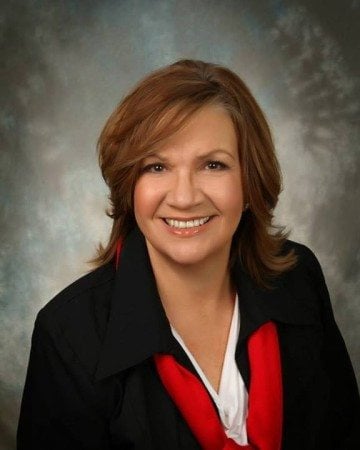
Buzzell’s done what everyone does when they write or speak about Muslims in America, whether it’s Islamophobes painting Muslims as duplicitous, untrustworthy and inherently violent, or liberal activists trying to paint Muslim women as oppressed and in need of rescue.
In this piece, Buzzell has presented Islam the way he wants to see it. He’s decided what he needs to feel good about the religion and its followers, located it and held it up as proof that Islam is compatible to his own life and experiences. This happens all the time on the negative side, as well. Lots of anti-Muslim activists begin with a presupposition about Islam and Muslims and then look for what they need within our community to support it. And you know what? They find it.
You can find Muslims who are religious fundamentalists, non-practicing, Republican, Democrat, and Libertarian; you can find feminists, misogynists, Islamists, secularists, capitalists, socialists, bigots, activists … whatever. You want some Muslims to support your view of Islam? You can absolutely find them — and Texas, with all its diversity, is a great place to look.
You should support Muslims because it’s our right to practice Islam in America without being threatened.
The bottom line: You shouldn’t support Muslims’ right to practice our faith in safety because we are like you, or because you agree with us politically. You should support us because it’s our right to practice Islam in America without being threatened.
But if you do want to get to know us, I only ask that you be willing to see us for what we really are: a glorious amalgamation of humans who, despite our infinitely diverse ways of living Islam, pray together to One God.
